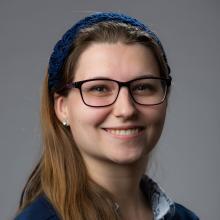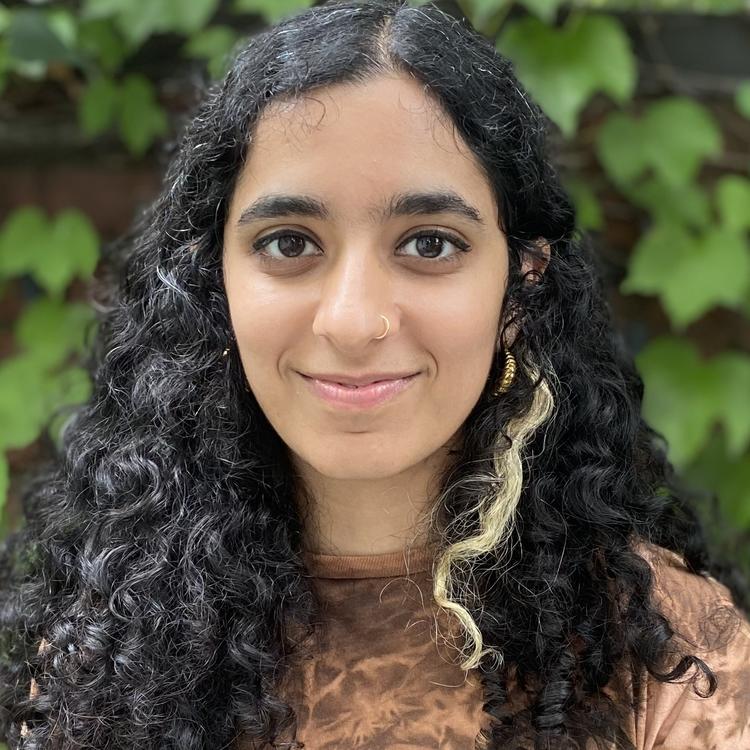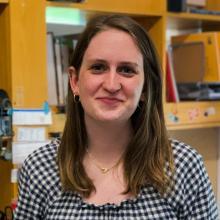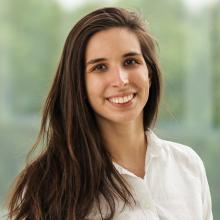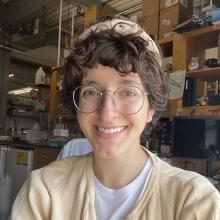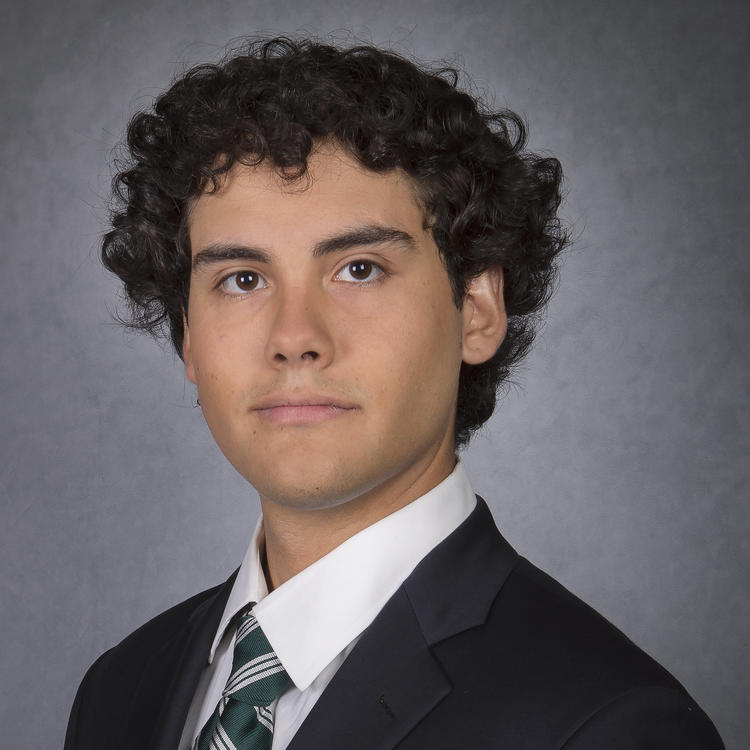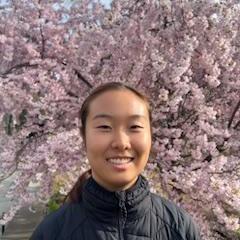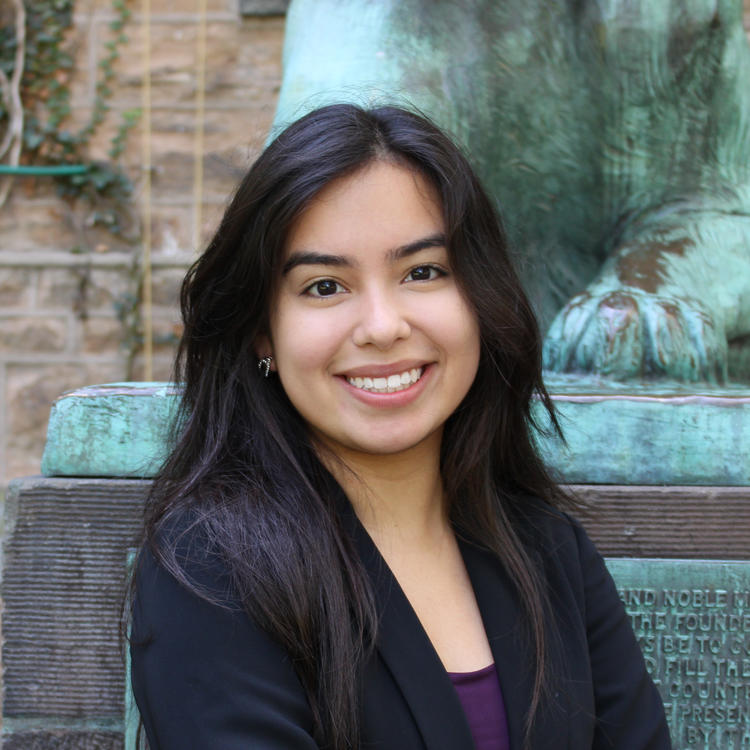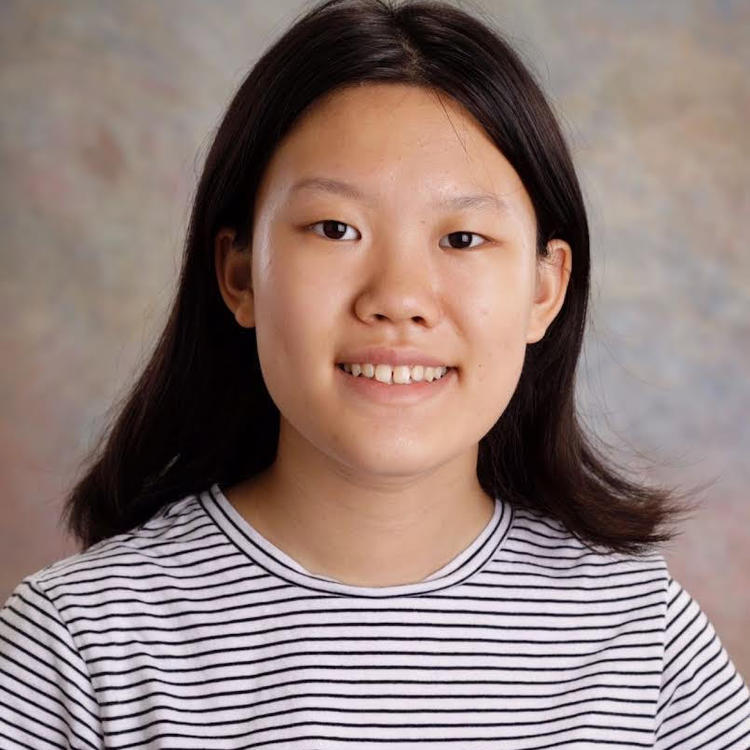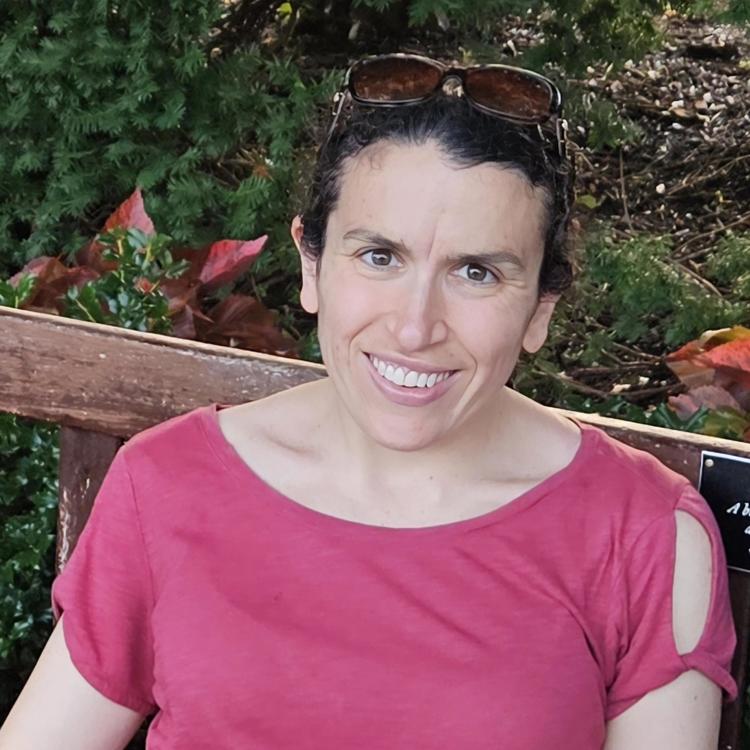Bonnie Bassler is a member of the National Academy of Sciences, National Academy of Medicine, and the American Academy of Arts and Sciences. She is a Howard Hughes Medical Institute Investigator and the Squibb Professor and Chair of the Department of Molecular Biology at Princeton University. Bassler received a B.S. in Biochemistry from the…
Research interest: Bacteria communicate with one another to participate in group behaviors via quorum sensing (QS); these behaviors are dependent on the concentration of autoinducers, which are molecules produced and detected by neighboring bacteria. Recently, the Bassler laboratory found that a vibriophage encodes QS system…
Research interest: Quorum sensing involves the induction and control of collective behaviors in bacteria via the production and sensing of small molecule metabolites, autoinducers. Autoinducers are produced by many bacterial species, spread across several chemical classes, and contain many different chemical motifs. In my PhD studies,…
Research interest: Pellicles, structured bacterial communities that form at air-liquid interfaces, undergo a three-dimensional (3D) morphogenesis program that produces striking macroscale patterns. Achieving the final architecture is crucial for the bacteria residing within pellicles to garner survival advantages, which pathogens…
Research interest: Quorum sensing is the cell-cell communication process that bacteria use to assess the cell density and species composition of the local environment and coordinate collective behaviors. One quorum-sensing-controlled behavior is the development of spatially-structured, surface-attached bacterial communities called…
Research interest: I am a researcher in microbiology and biophysics, seeking to formulate a quantitative narrative of the interactions between bacteria and their viruses (known as phages). While our understanding of bacteria and phages is extensive, we still lack mathematical models with high predictive power—akin to those in the…
Research interest: Bacterial cells communicate and orchestrate collective behaviors through quorum sensing (QS), a process that relies on the production, release, and group-wide detection of extracellular signaling molecules called autoinducers. QS allows individual cells to engage in and coordinate group behaviors like virulence…
Research Interest: Quorum Sensing (QS) links collective group behaviors directly to cell density through the production and secretion of soluble autoinducers (AI). Detailed studies of multiple QS systems have demonstrated the broad chemical diversity of bacterial AIs, including acyl-homo-serine-lactones (e.g. 3OC12-HSL in…
Research interest: Quorum sensing (QS) is a cell-to-cell communication system in which bacteria synthesize, release, and detect extracellular signals called autoinducers. Autoinducers (AI) accumulate in proportion to cell density. This allows bacteria to monitor changes in their cell numbers and collectively alter gene expression…



